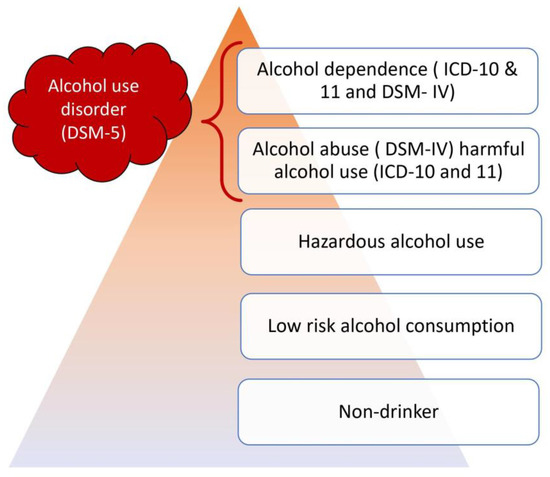From party novice to seasoned pro: uncover the secrets behind alcohol tolerance levels and how to navigate them flawlessly.
Table of Contents
Alcohol consumption and its effects have been a topic of interest for centuries. One common question that often arises is: how many beers does it take to get drunk? While the answer may vary depending on the individual and various factors, delving into the science behind alcohol metabolism, tolerance levels, and influencing factors can provide some insight into this intriguing question.
Exploring Alcohol Metabolism
alcohol metabolism is a complex process that takes place in the liver. When alcohol is consumed, it is absorbed into the bloodstream and eventually processed by the liver. The liver metabolizes alcohol at a relatively constant rate, typically breaking down about one standard drink per hour.
Factors such as body weight, gender, and genetics can play a significant role in alcohol metabolism. Individuals with a higher body weight tend to have a larger volume of blood to dilute alcohol, which can result in a lower blood alcohol concentration (BAC) level. Gender differences also come into play, as women typically have a higher BAC after consuming the same amount of alcohol as men. This is due to women generally having a higher percentage of body fat and lower levels of the enzyme alcohol dehydrogenase, which helps break down alcohol.
Individual Tolerance Levels
alcohol tolerance refers to the body’s ability to handle and process alcohol over time. This tolerance can vary greatly among individuals, with some people being able to consume larger amounts of alcohol before feeling the effects of intoxication.
Frequent drinking habits and alcohol dependence can significantly impact tolerance levels. Individuals who regularly consume alcohol may develop a higher tolerance, requiring more drinks to achieve the same level of intoxication. Conversely, those who abstain from alcohol or drink infrequently may have a lower tolerance and feel the effects of alcohol more quickly.
Factors Influencing Intoxication
Several external factors can influence how quickly a person becomes intoxicated after consuming alcohol. One such factor is food consumption. Eating a meal before drinking can help slow down the absorption of alcohol into the bloodstream, leading to a lower BAC level. On the other hand, drinking on an empty stomach can result in a faster rise in BAC and increased intoxication.

Image courtesy of via Google Images
Hydration also plays a role in alcohol metabolism. Staying hydrated while drinking alcohol can help the body process alcohol more efficiently and reduce the risk of dehydration and hangover symptoms. Additionally, mixing alcohol with other substances, such as energy drinks or medications, can have unpredictable effects on intoxication levels and overall health.
Conclusion
Understanding the factors that influence alcohol metabolism, tolerance levels, and intoxication can help individuals make informed decisions about their alcohol consumption. While the question of how many beers it takes to get drunk may not have a definitive answer, being aware of these factors and drinking responsibly can help prevent the negative consequences of excessive alcohol consumption.
Remember, everyone’s tolerance and metabolism are different, so it’s essential to know your own limits and prioritize your well-being when it comes to alcohol consumption. Cheers to making informed choices and staying safe while enjoying a drink!
FAQ
How can I increase my alcohol tolerance?
Answer 1: To increase alcohol tolerance, it’s essential to drink in moderation, stay hydrated, and avoid binge drinking. Gradually introducing alcohol into your system and knowing your limits can also help build tolerance over time.
Are there ways to reduce the effects of alcohol intoxication?
Answer 2: Eating before consuming alcohol, staying hydrated, and pacing your drinks can help reduce the effects of alcohol intoxication. Avoiding mixing alcohol with other substances and knowing when to stop are also effective strategies.
Is it true that some people are naturally better at handling alcohol?
Answer 3: Yes, some individuals may have a higher tolerance for alcohol due to factors like genetics, body weight, and frequency of alcohol consumption. However, it’s important to remember that alcohol affects everyone differently, regardless of tolerance levels.
What are the dangers of having a high alcohol tolerance?
Answer 4: Having a high alcohol tolerance can lead to increased alcohol consumption, which may result in health risks, alcohol dependence, and impaired judgment. It’s crucial to monitor your alcohol intake, even if you have a high tolerance, to prevent negative consequences.
Generated by Texta.ai Blog Automation


Leave a Reply